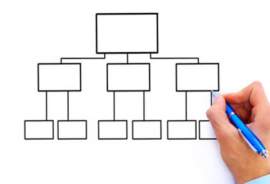
Judgment Default At A Glance

A judgment default is a decision declared by a judge of a court case which is in favor of a party. Judgment defaults are created because of a failure of the opposing party to take some sort of action. Common reasons a judge will make a judgment default include: failure to show up to court, failure to respond to a summons, or a refusal to respond to a discovery request.
In most circumstances judgment defaults will grant the party who requested the information or had appeared in court their original requests, demands, or results of the trial, regardless of if the agreement has recently changed. If a person receives a judgment default against them, they may remove it by filing a motion to set it aside. This can only be done if the party can show a proper excuse as to why they were unable to make the supposed action.
NEXT: Your Guide to Court Decisions




















